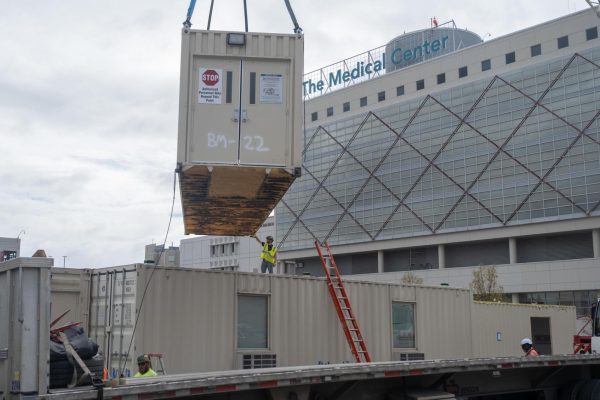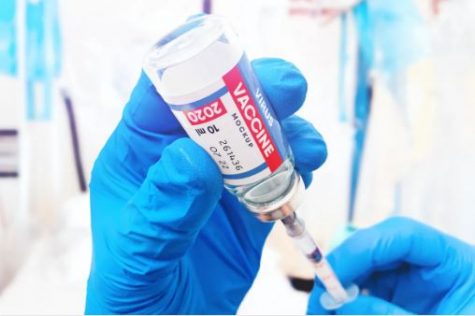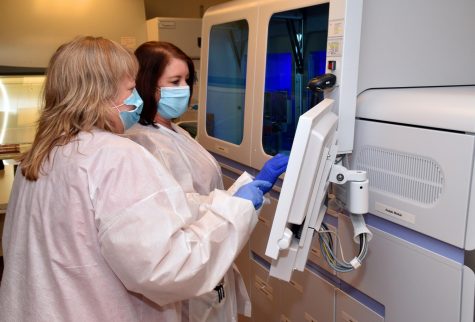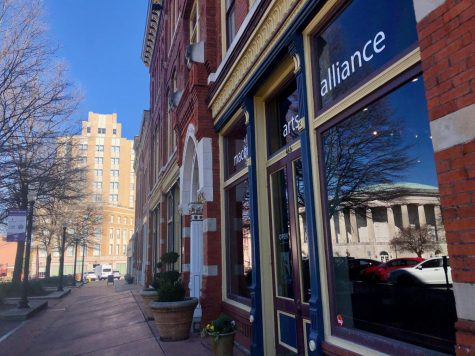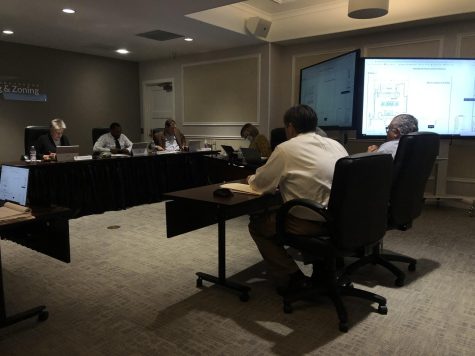More than 100 drugs are in short supply. Experts say don’t panic, but be aware
People with certain ailments are having a hard time getting their prescribed medicines due to COVID-19
More than 100 pharmaceutical drugs are currently in short supply across the country — many of those life-saving. With the crunch on the nation’s supply chain, advocates are worried about the impact on chronically ill patients who rely on their prescriptions to survive.
The Federal Food and Drug Administration’s long list of medications in short supply includes drugs for chemotherapy and COVID-19 patients, emergency anesthesia and antibiotics.
The problem isn’t new. Kinks in the pharmaceutical supply chain have been exacerbated by increased demand during the pandemic and, now, the slowdown of goods.
Dorothy Leone-Glasser,executive director of Advocates for Responsible Care in Georgia, said for chronically ill patients, a shortage of their medication goes far beyond being an inconvenience.
“For a serious illness and someone that’s chronically ill, this can mean a severe exacerbation in their disease, which could be critical to them,” she said. “It could also be a situation where if the disease is kept under control, then there’s less likelihood of organ damage. Well, they’re now being threatened by this shortage.”
With a notice flagged in red at the top of its website, the FDA said the agency is currently monitoring the supply chain and has asked manufacturers to take steps to preemptively spot any holes in the system.
A report released in February by the American Society of Health-system Pharmacists warns that the uncertainty of the global supply chain in the midst of the pandemic has the potential to create a massive disruption in patient care.
But while the list of drugs in dwindling supply is long, experts say don’t panic.
Dr. Grace Gowda with the University of Georgia’s College of Pharmacy said the length of the list doesn’t concern her as much as what is on it.
“I wouldn’t worry about the number,” she said. “I would worry about are there any critical products on the list?”
Since drugs often have to be transported in certain conditions and time periods due to their half-life, she said, many are airlifted from place to place.
“The supply chain, as far as I know, there has not been any big dramatic change,” Gowda said. “However, it’s always a concern because most of our drugs are manufactured outside the U.S. So if I see ships sitting in the port, I’m wondering how many of the products are stuck there.”
Leone-Glasser also worries about a shortage in medical supplies and devices which would severely impact dialysis and diabetic patients.
“COVID has brought us to a place where we can’t ignore what isn’t working anymore on all levels of medical care,” she said. “The supply chain is one of those areas that we really need to fix, because these shortfalls keep coming up and all we’re doing is putting Band-Aids on them. But you know, as soon as the Band-Aid gets loose and falls off, the wound is still there.”
Patients should call their pharmacies and confirm they have a steady supply of their medication as well as keep a log of what they take and how much, she said.
If you find your drug is in short supply, contact your physician about a potential alternative.
See the original story here.










